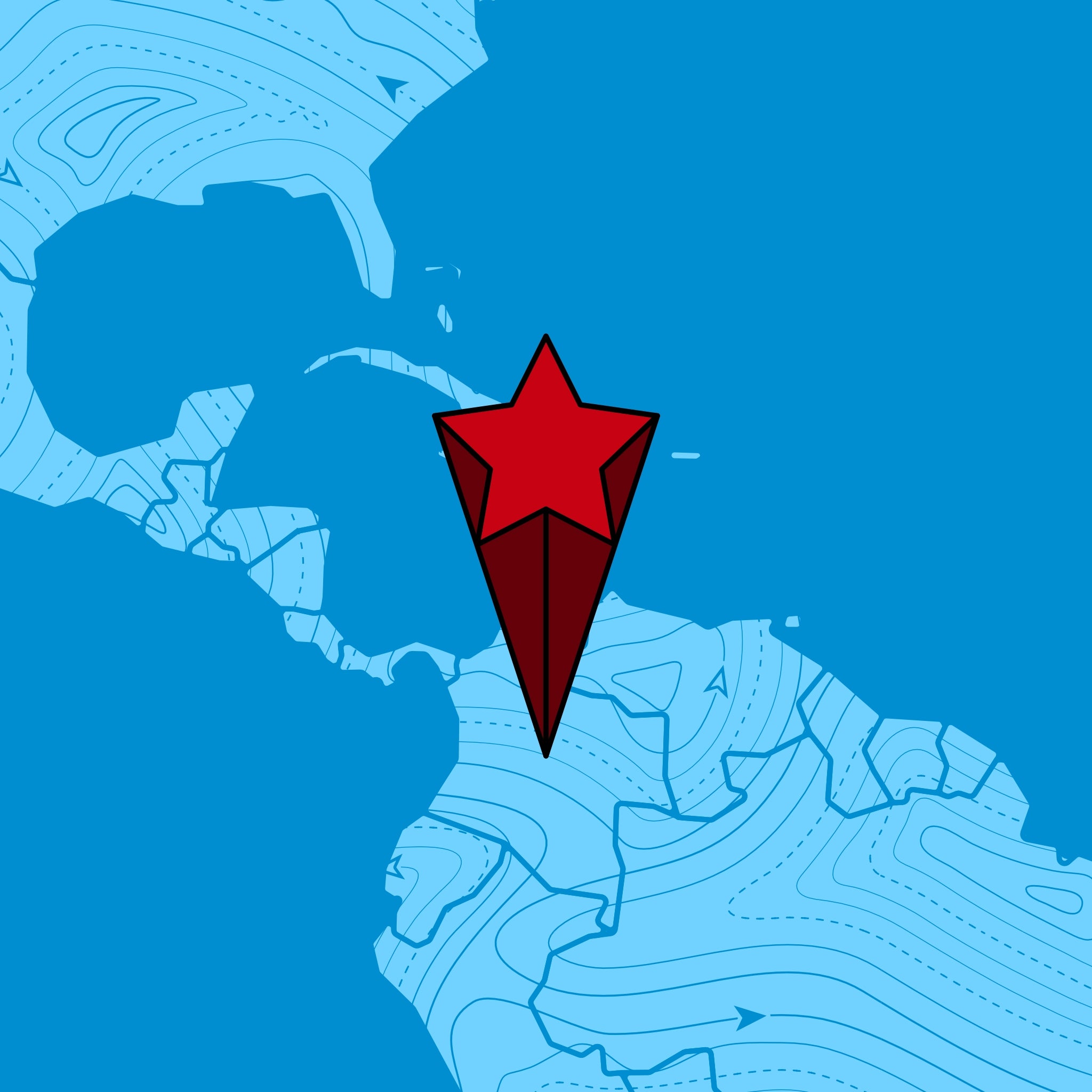


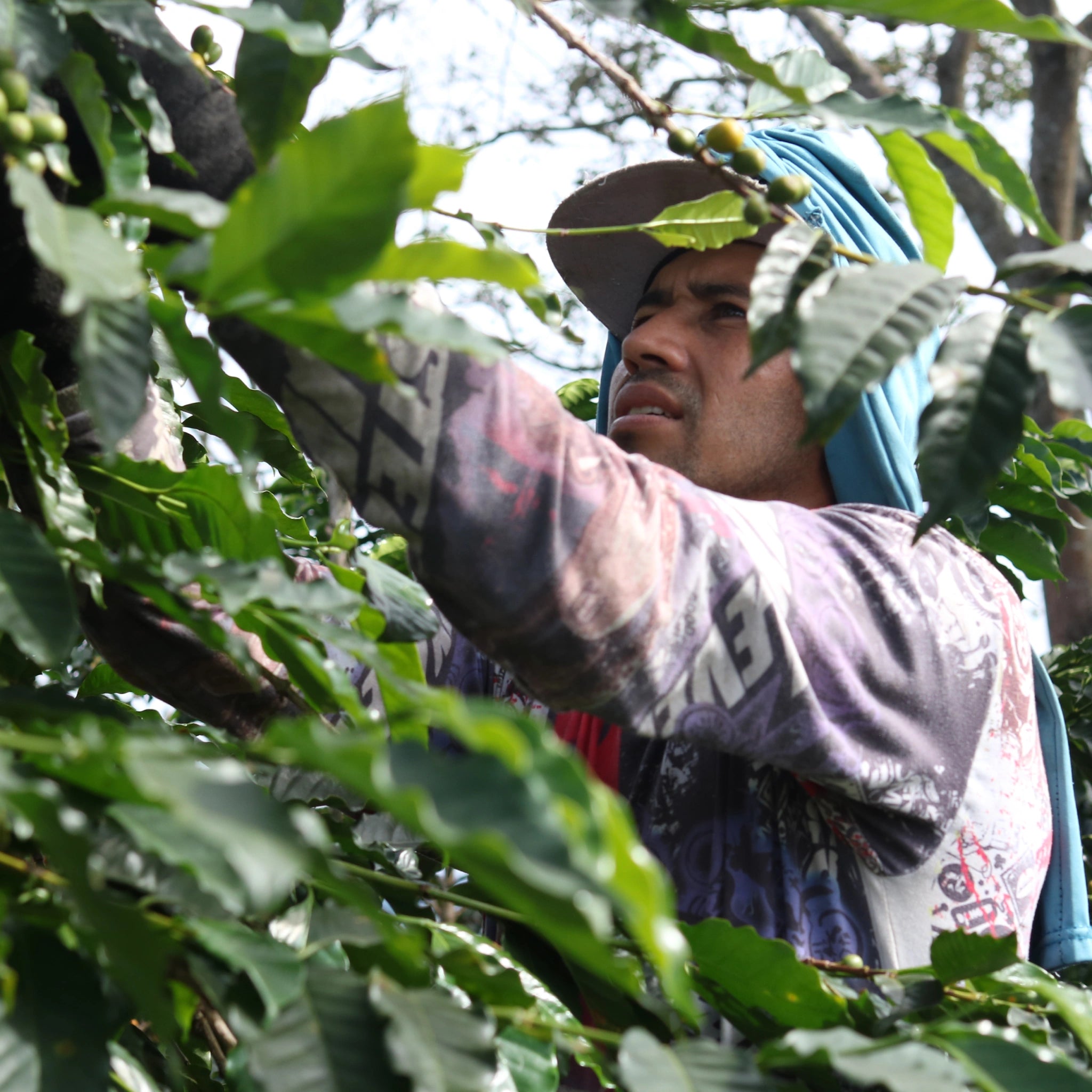
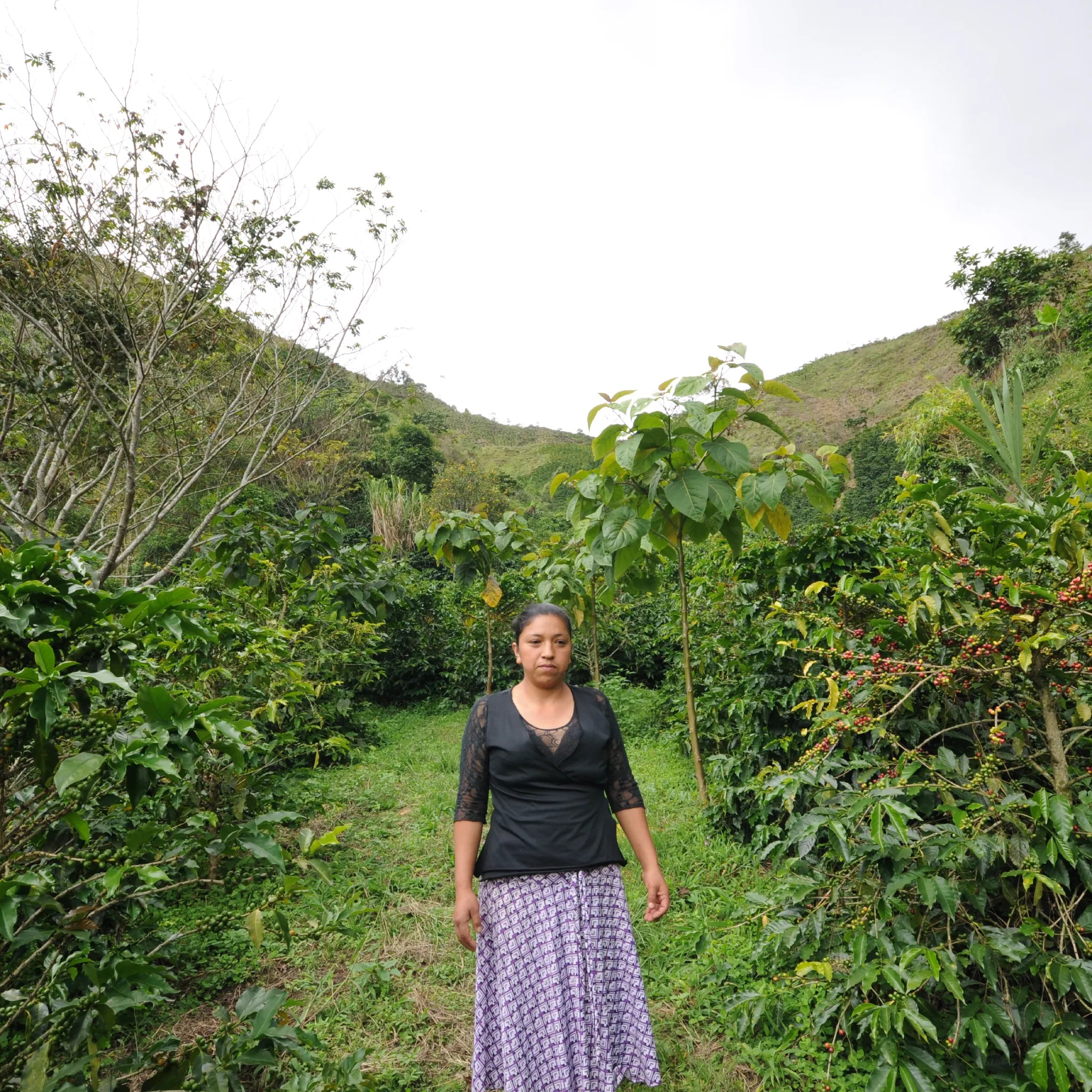
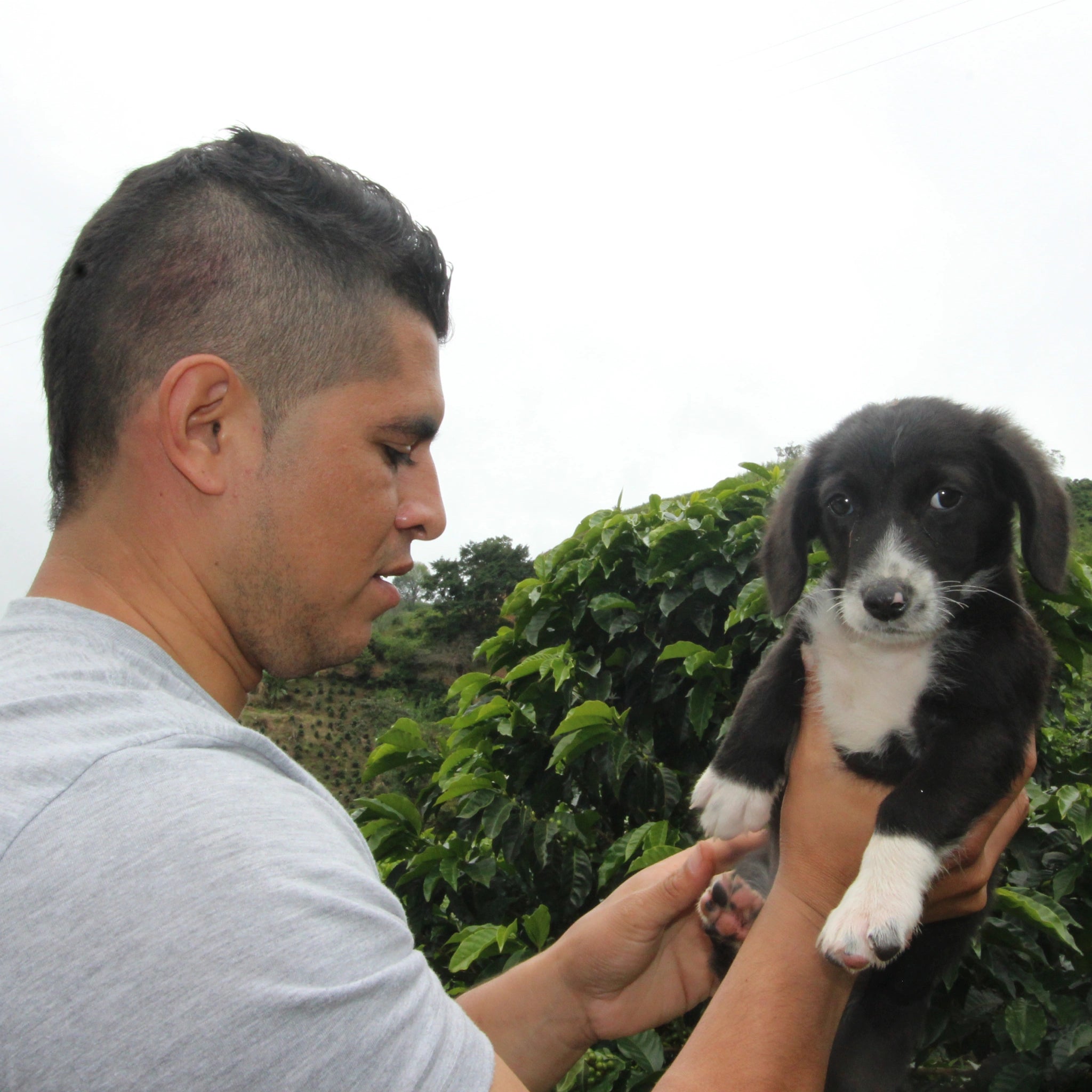
1
/
4
Colombia Andino
£9.50
Tasting notes
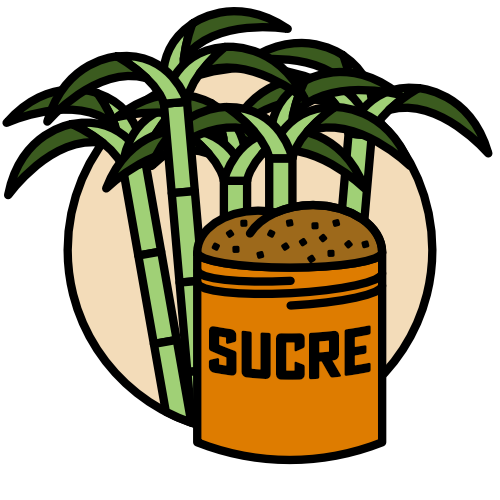
Cane Sugar

Ripe Red Fruits

Orange Acidity
A beautifully bright and sweet community lot from the steep slopes of Pitalito in the heart of the Colombian Andes.
Select quantity:
Free delivery on all orders over £25
Subscribe and save 10% with a Single Origin Coffee Subscription
- Try a new single origin coffee every month.
- Save 10% on recurring plans.
- Free shipping on all orders.
- No commitment. Pause, swap, skip, or cancel at any time.
Coffee Information
Story
Country Snapshot
Sustainability
Shipping
